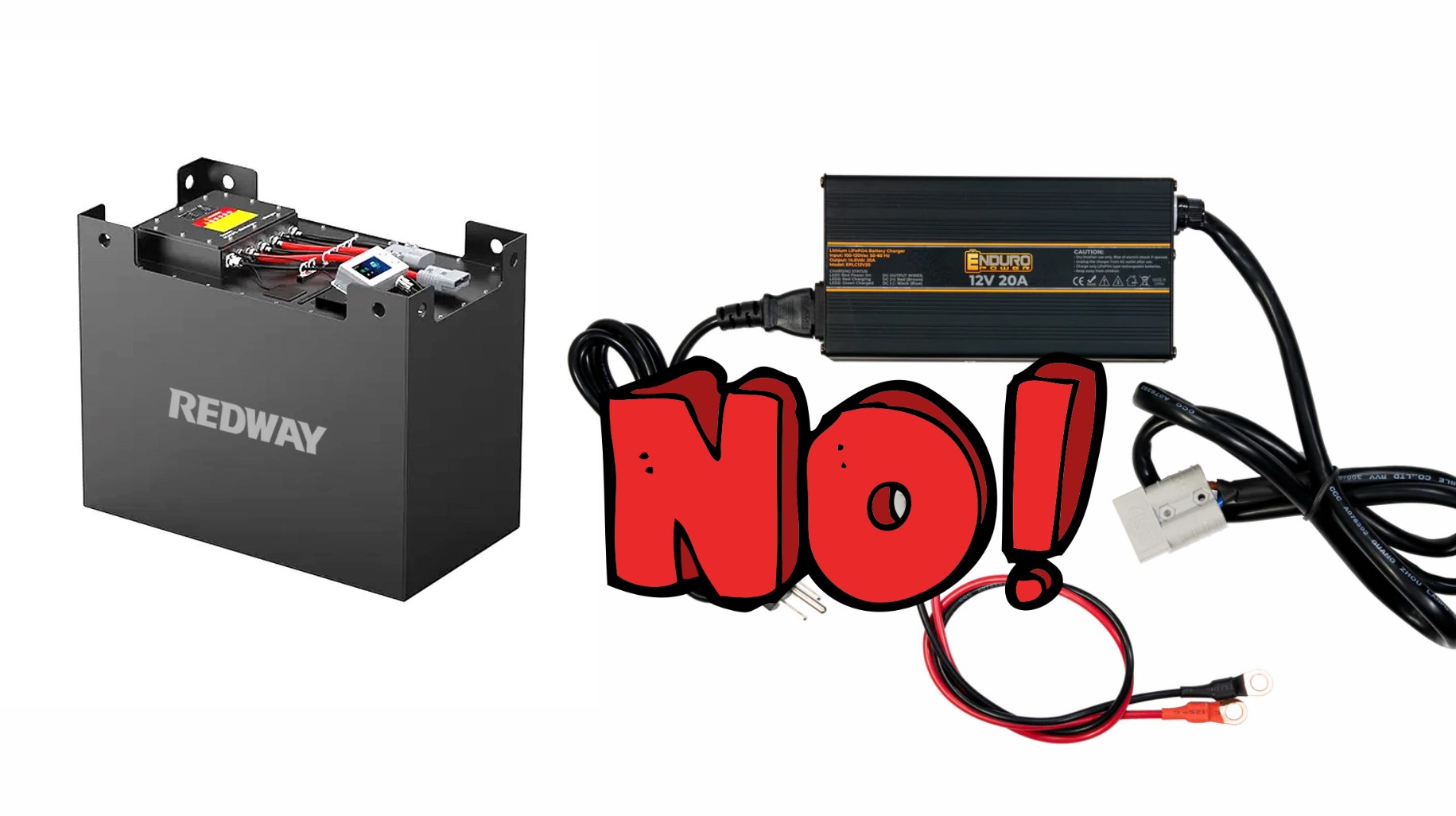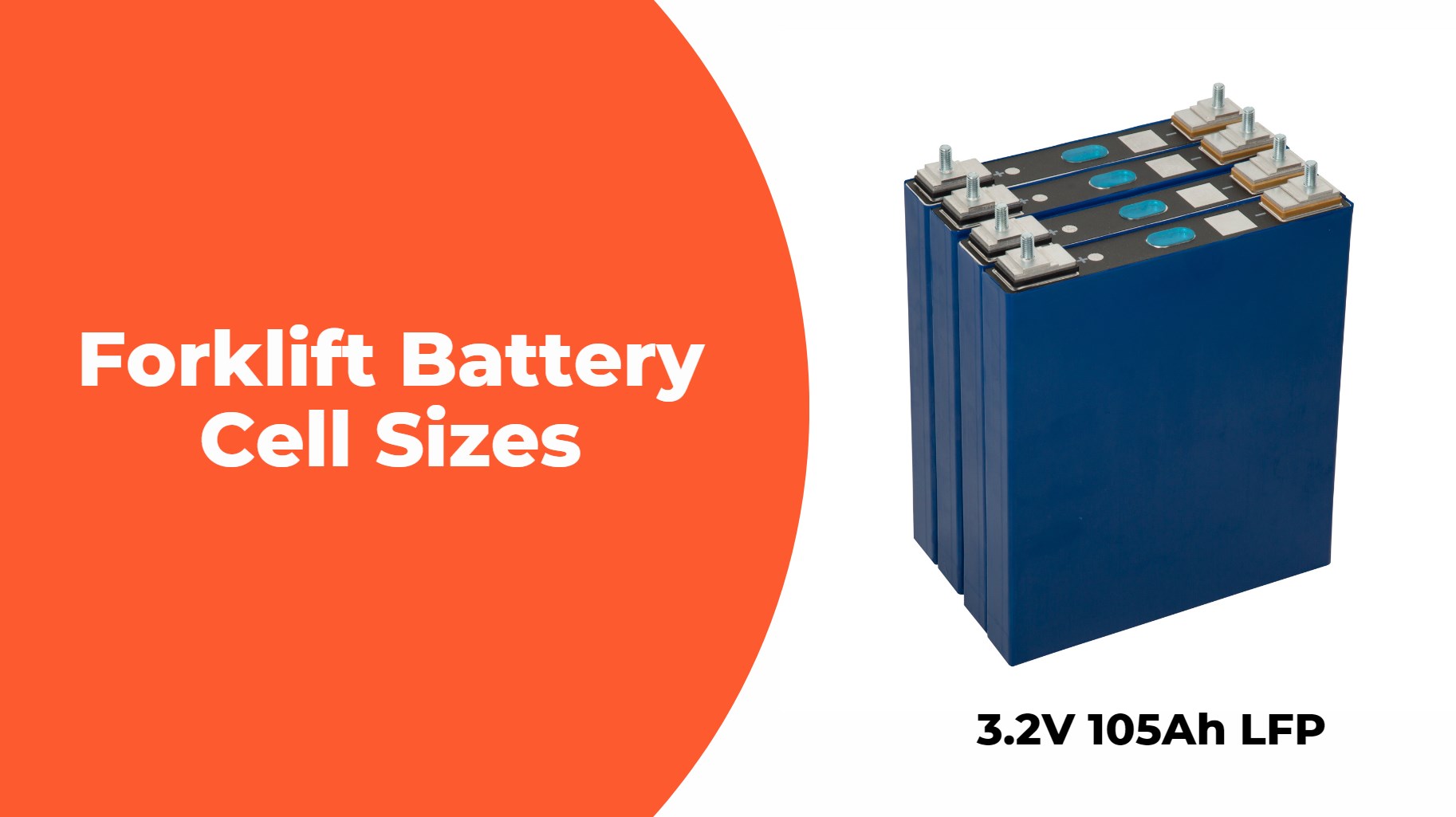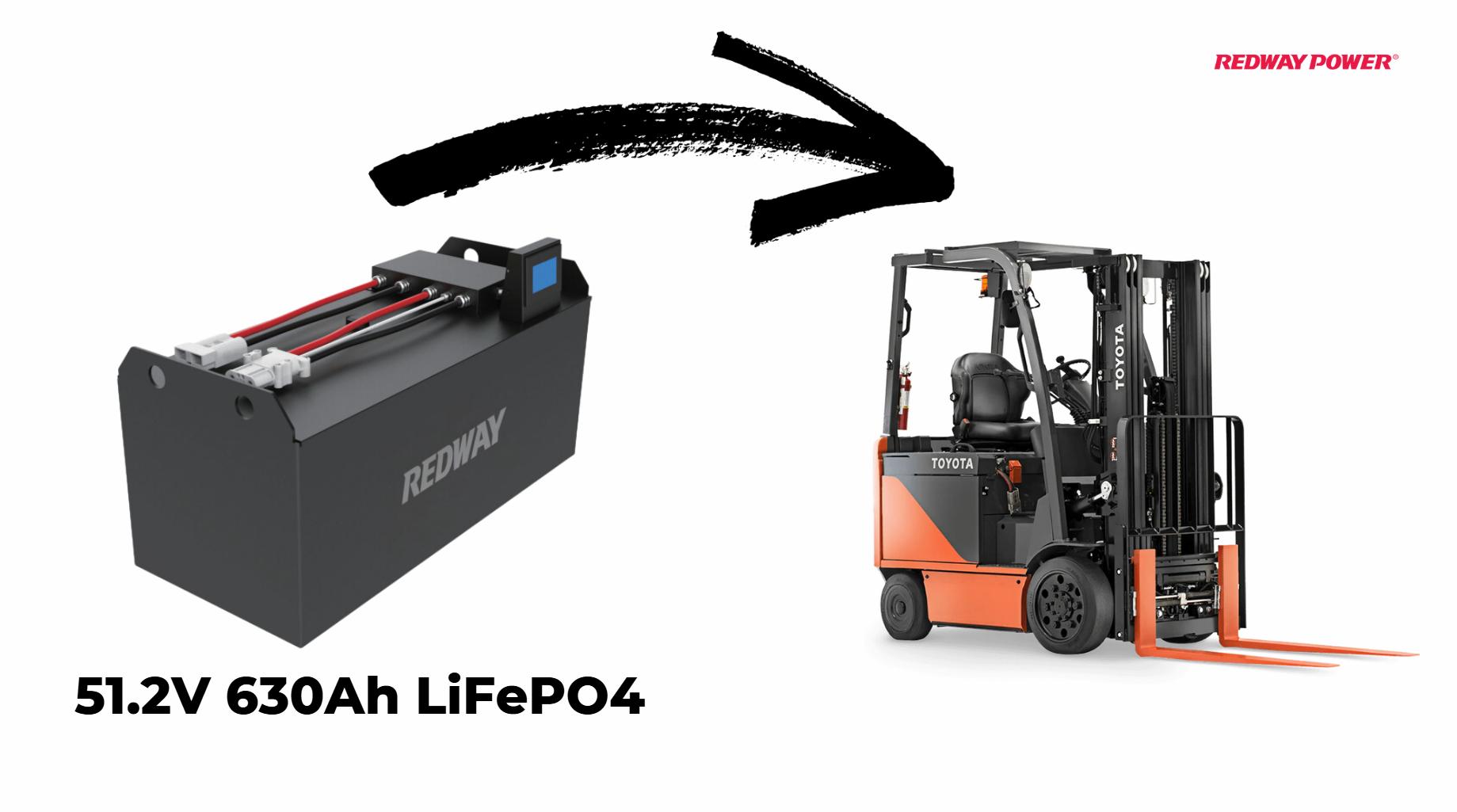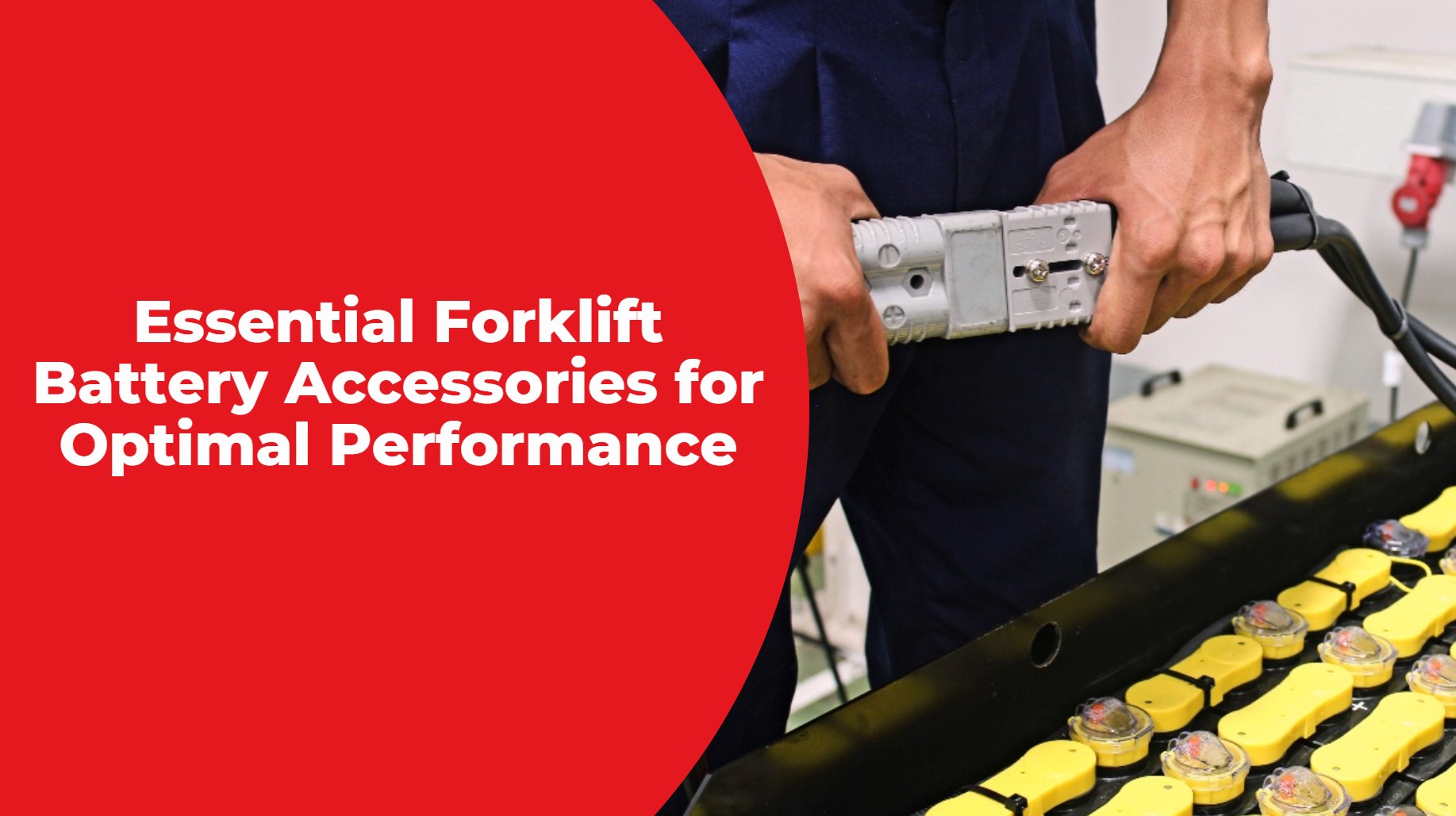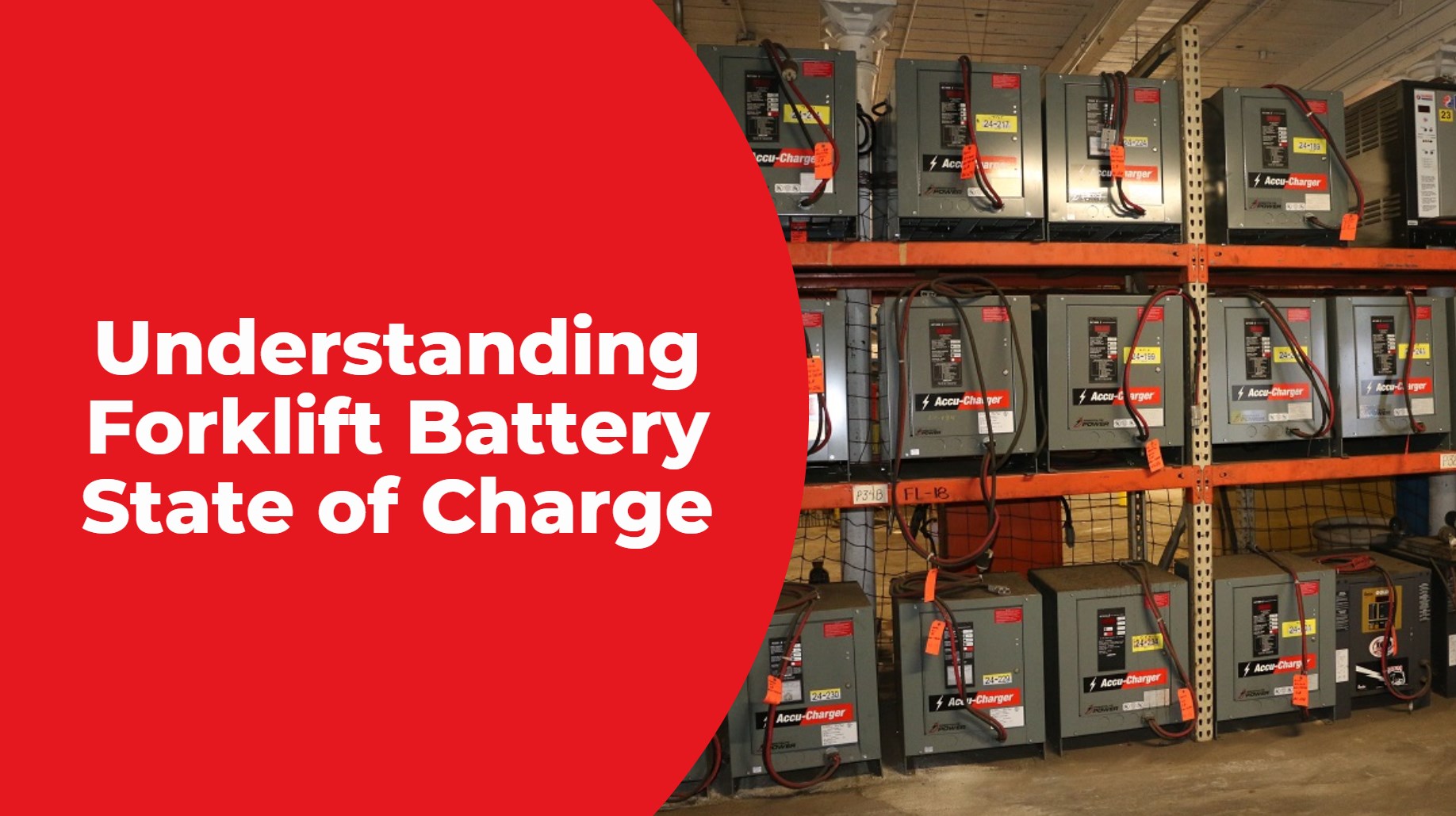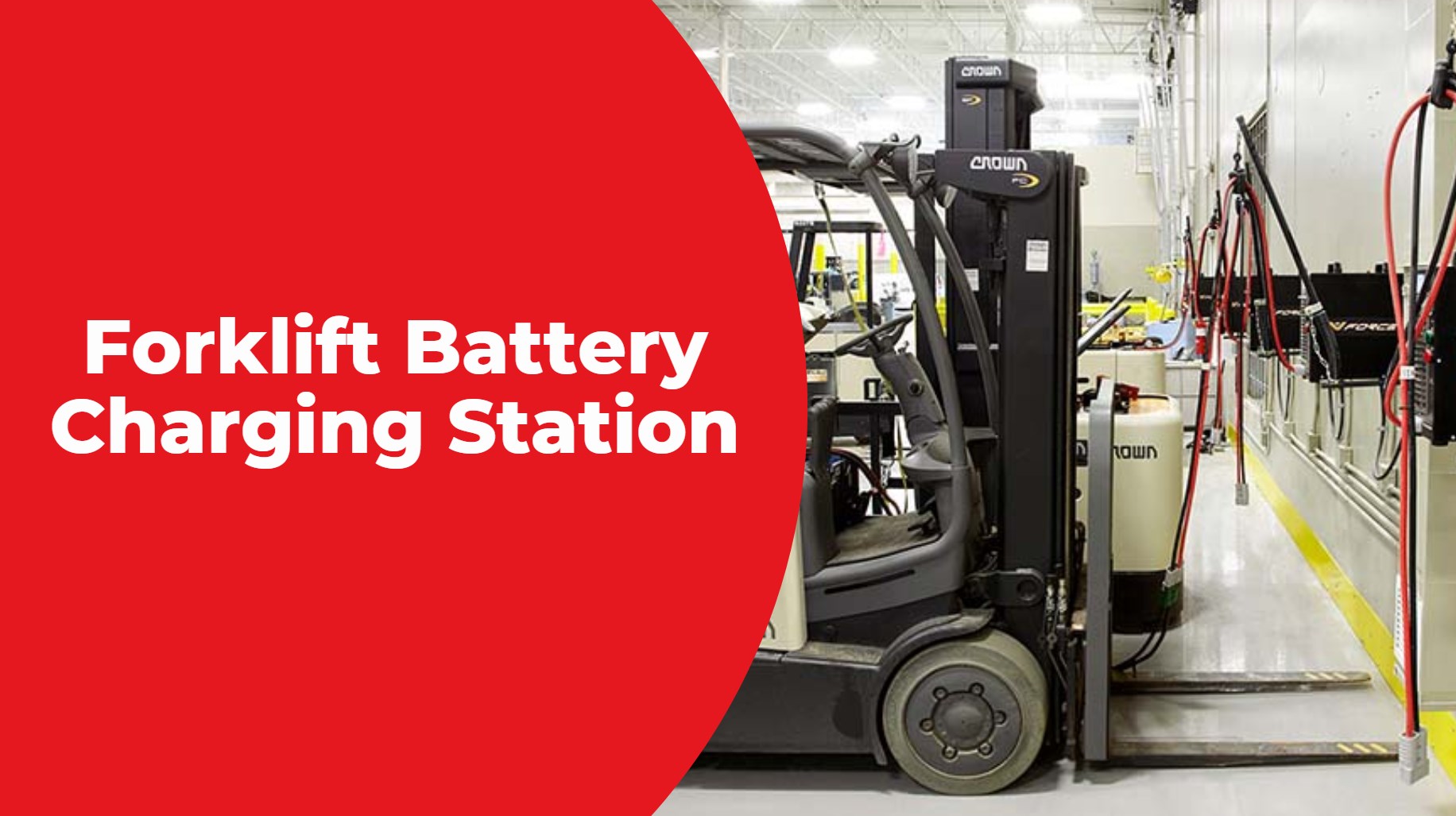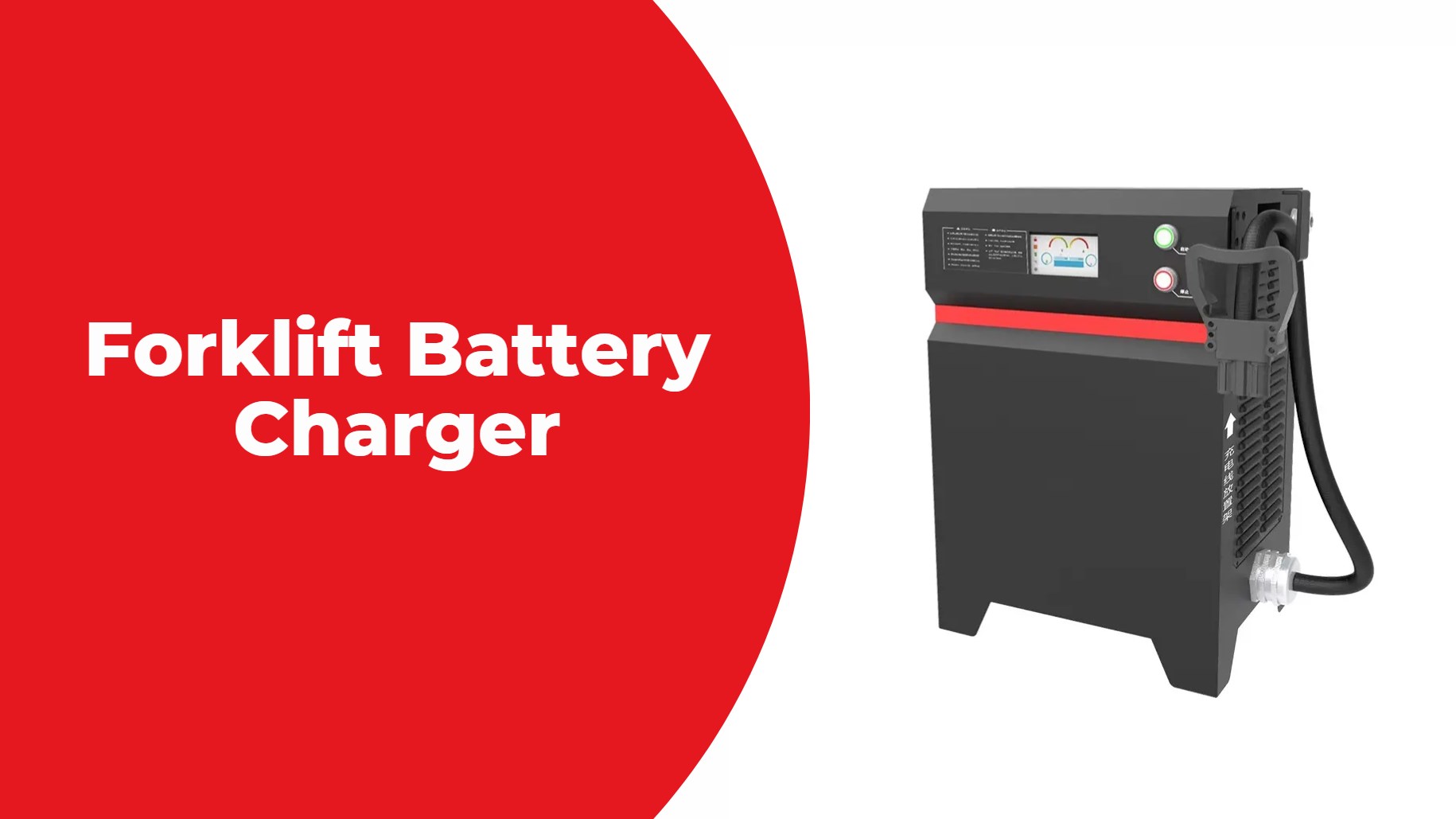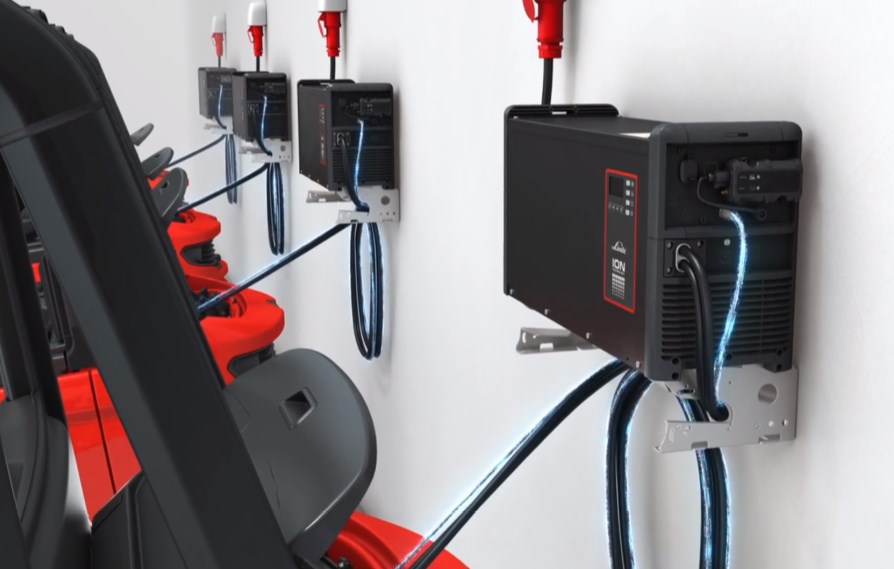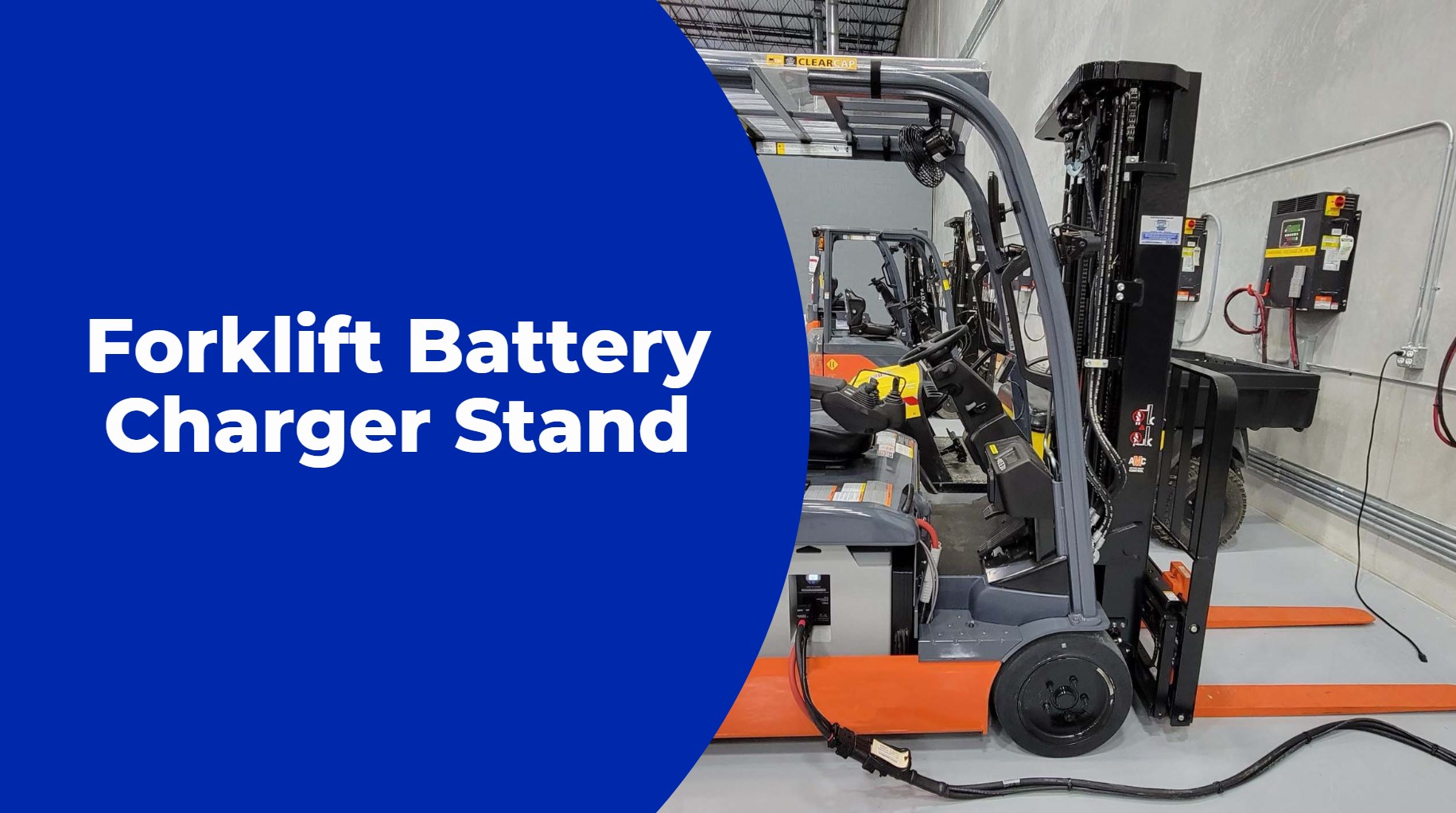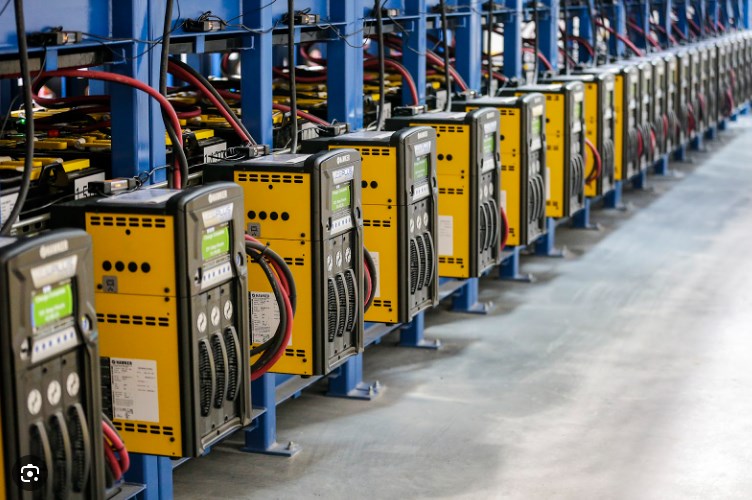How Can You Effectively Recondition a Forklift Battery?
Forklift battery reconditioning restores and prolongs battery life by carefully reversing sulfation and wear. It involves assessing battery health, equalizing cells, and applying controlled charging cycles to regain capacity, ultimately saving costs and improving performance.
What Is Forklift Battery Reconditioning and Why Does It Matter?
Forklift battery reconditioning is the process of restoring depleted or underperforming batteries to extend their usable life. It matters because replacing forklift batteries can be costly, and reconditioning reduces downtime and environmental impact.
Battery reconditioning targets lead-acid and lithium batteries used in forklifts, reversing chemical degradation like sulfation that decreases battery capacity. The process typically involves diagnosing battery condition, performing controlled charging, equalization, electrolyte maintenance, and sometimes cell replacement. This extends the battery lifespan, ensuring forklifts operate efficiently, reducing total cost of ownership. For lithium batteries, such as LiFePO4 packs by Redway Battery, reconditioning optimizes charge cycles and thermal management, preserving energy density and cycle life.
How Does Forklift Battery Reconditioning Work Step by Step?
Reconditioning starts with a full assessment, followed by controlled charging protocols that remove sulfation and rebalance cells to recover lost capacity.
-
Diagnosis: Measure voltage, specific gravity, and conduct load tests.
-
Equalization Charge: Apply a higher voltage to balance cell voltages and reverse sulfation.
-
Desulfation: Use pulse or specialized chargers to break down lead sulfate crystals.
-
Electrolyte Maintenance: Replace or top off electrolyte solution if necessary.
-
Testing and Monitoring: Confirm restored capacity via discharge tests and maintenance cycles.
The goal is to return batteries to near-optimal performance rather than new condition. Redway Battery utilizes automated MES systems in production for consistent quality that complements reconditioning efforts.
Which Tools and Equipment Are Needed for Forklift Battery Reconditioning?
Essential tools include a hydrometer, voltmeter, specialized charger with equalization and desulfation modes, safety gear, and electrolyte replacement kits.
-
Hydrometer: Measures electrolyte specific gravity in lead-acid cells.
-
Voltmeter and Load Tester: Assess battery health and cell balance.
-
Smart Charger: Enables equalization and pulse charging protocols.
-
Safety Equipment: Gloves, goggles, and acid-neutralizing agents.
-
Temperature Monitor: Prevents overheating during charge cycles.
Redway Battery recommends using OEM-quality chargers compatible with their LiFePO4 forklift batteries for safe and effective reconditioning. Their lithium packs require charging systems optimized to prevent over-voltage or thermal runaway.
| Tool | Purpose | Recommended For |
|---|---|---|
| Hydrometer | Electrolyte density check | Lead-acid batteries |
| Voltmeter | Voltage & condition test | All battery types |
| Smart charger | Equalization & desulfation | Lead-acid & LiFePO4 |
| Protective gear | Safety during handling | All battery maintenance |
| Temperature probe | Monitor charge/discharge heat | Lithium batteries |
Why Does Proper Forklift Battery Maintenance Enhance Reconditioning Success?
Regular maintenance slows degradation processes, making reconditioning more effective and extending overall battery lifecycle.
Proper maintenance like routine watering, cleaning terminals, checking electrolyte levels, and correct charging prevents deep sulfation and imbalance. This means when reconditioning is applied, batteries recover more capacity with less intensive procedures. For lithium batteries, maintaining ideal charge/discharge parameters avoids capacity loss and thermal stress. Integrating Redway Battery’s durable LiFePO4 packs with scheduled maintenance leverages their robust design for fewer reconditioning cycles and longer service life.
When Should a Forklift Battery Be Reconditioned?
Batteries showing reduced runtime, inconsistent voltage, or visible sulfation buildup are candidates for reconditioning, ideally before complete failure.
Signs include:
-
Significantly shortened operation time.
-
Uneven cell voltages or low specific gravity readings.
-
Excessive heat during charging or usage.
-
Physical signs like corrosion or sediment accumulation.
Early reconditioning can delay expensive replacement, maximize ROI, and reduce equipment downtime. Redway Battery’s monitoring solutions can alert operators to when maintenance or reconditioning is needed, emphasizing preventive care.
Can Lithium Forklift Batteries Be Reconditioned Like Lead-Acid Versions?
Yes, but lithium battery reconditioning differs in procedures, focusing on balancing, firmware updates, and thermal regulation rather than electrolyte replacement.
Unlike lead-acid batteries, lithium forks often require:
-
Cell balancing to equalize voltages.
-
Firmware recalibration of battery management systems (BMS).
-
Controlled charge/discharge rates to avoid damage.
-
Thermal management to prevent overheating.
Redway Battery specializes in LiFePO4 packs that are designed to simplify reconditioning through advanced BMS and durable cell chemistry, resulting in fewer performance losses and longer cycle life compared to lead-acid types.
How Can Redway Battery Solutions Improve Forklift Battery Life and Reconditioning Outcomes?
Redway Battery offers advanced lithium forklift batteries featuring high durability, extensive cycle life, and sophisticated BMS that facilitate easier reconditioning and maintenance.
Their batteries integrate:
-
Robust LiFePO4 chemistry resistant to sulfation.
-
Precision-engineered battery packs tailored by OEM/ODM customization.
-
Automated production and quality control ensuring consistency.
-
24/7 after-sales support for troubleshooting reconditioning and maintenance.
Redway’s solutions minimize common reconditioning challenges, enabling forklift fleets to run longer with fewer interventions and lower total cost of ownership.
Redway Expert Views
“Forklift battery technology continues evolving with lithium solutions now leading in sustainability and performance. At Redway Battery, we leverage over a decade of experience to optimize battery design for robustness and reconditioning ease. Our commitment to quality and innovation ensures clients receive reliable power that supports efficient operations and environmental goals. Proper reconditioning combined with advanced battery systems is key to maximizing forklift fleet uptime and productivity.”
— Redway Battery Engineering Team
Summary and Actionable Advice
Forklift battery reconditioning is a valuable maintenance strategy that restores capacity, delays replacement costs, and keeps operational efficiency high. Whether using traditional lead-acid or advanced lithium batteries like those from Redway Battery, understanding signs, following correct procedures, and leveraging appropriate tools can dramatically extend battery life. Regular maintenance complements reconditioning by preventing deep damage, while Redway’s innovative LiFePO4 solutions simplify care and maximize uptime. Incorporate scheduled diagnostics, use smart chargers, and consult experts for tailored reconditioning to safeguard your forklift investments.
FAQs
Q1: How often should forklift batteries be reconditioned?
Every 6 to 12 months depending on usage and condition, or when performance noticeably declines.
Q2: Is forklift battery reconditioning safe to do in-house?
With proper training, safety equipment, and tools, it can be done; otherwise, professional services are recommended.
Q3: Can reconditioning restore batteries to 100% capacity?
No, it improves performance but rarely returns batteries to brand-new condition.
Q4: Does Redway Battery provide reconditioning support?
Yes, Redway offers technical assistance and advice for maintaining and reconditioning their batteries.
Q5: What are signs that a battery can’t be reconditioned?
Severe physical damage, very low voltage, or extensive cell failures usually require replacement.


